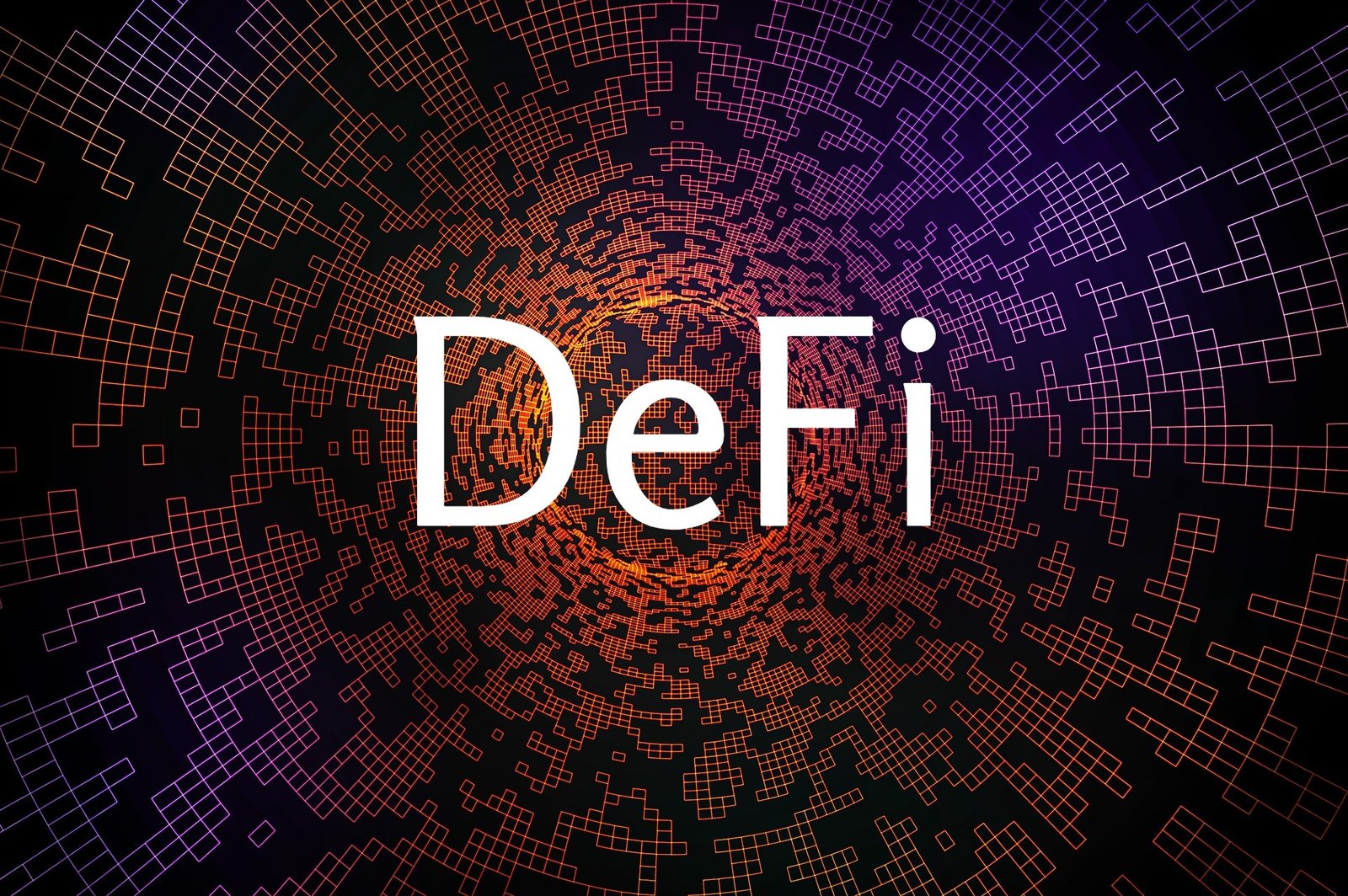The DeFi buzzword has taken over the world of both finance and technology by storm. It has revolutionized the entire world of traditional finance. As the name implies, DeFi is a network of decentralized elements that work together on different immutable blockchain networks to deliver low-cost financial services to users. They can also combine due to the in-built characteristic of interoperability.
The Need for DeFi
The current financial ecosystem was perceived as smart and efficient, designed to keep costs as low as possible and the speed of transactions very high. However, when cryptocurrency and blockchain technology was introduced, people started to question the cost involved in every transaction and the reason why it takes weeks to fulfill an international money transfer.
Turns out that the entire ecosystem has a lot of intermediaries/third parties that translate into costs. With DeFi, all these third-parties can be completely eliminated from the system and this considerably reduces the cost of transactions. Also, since the entire DeFi system functions on the secure blockchain networks, the reach is worldwide and the transactions are almost instantly executed.
Smart Contracts – The Special Attention
The reason why third parties exist in the financial ecosystem is to establish trust and to provide arbitration. How does DeFi address this important requirement?
They are effectively addressed by a small self-executing program called the smart contract which can be considered the critical architecture of the blockchain ecosystem. They are designed to fulfill certain actions if and only if predefined terms and conditions are met. Just like every participant on the blockchain network, the smart contract is also rigid and cannot be tampered with.
This means that the trust that needs to be established by the third-party is taken care of by the smart contract. Since there is no human involvement, smart contacts also enhance the magnitude of people’s trust. Smart contracts play a wide variety of roles in the DeFi ecosystem like having an escrow system in place for the peer-to-peer transfer of funds, maintaining liquidity pools efficiently, and ensuring interest payments to investors.
The Possible Applications & Opportunities
If DeFi has to replace traditional finance, it has to provide all the services that were earlier offered, in addition to a few more. As expected, DeFi presents a lot of opportunities for all people to avail financial services without facing any economic or social discrimination
With DeFi, it is possible to completely tokenize any asset over the blockchain network. The entire process can be done without the intervention of third parties and centralized authorities. This would mean enhancing liquidity for assets that were earlier considered extremely difficult to sell. Assets that fall into this spectrum include commercial real estate, collectibles and fine art, and precious metals. This would also mean that it increases the possibilities of partial and fragmented ownership. Consequently, it diversifies the investment portfolio making the previously inaccessible asset classes like commercial real estate more accessible even to small investors in addition to institutional investors.
Decentralized cryptocurrency exchanges have taken the world by storm. They do away with the centralization in mainstream crypto exchanges that have been responsible for some of the most dubiously prolific security breaches in the form of hacking attacks in the blockchain world. These DeFi crypto exchanges ensure that the funds stay in the control of the users all the time, and it also does not hold access to the private keys of the wallets of the crypto traders. Users can deposit their crypto funds to be exchanged in a smart contract escrow. The escrow releases the funds only after confirming payments from both the buyer and seller of cryptocurrency.
Borrowing and lending are integral parts of traditional finance, and DeFi also facilitates the same actions without any difficulty. Users need to overcollateralize their assets by depositing more crypto funds as collateral than how much they intend to borrow. While this might seem illogical, it makes sense because some users might not want to sell their crypto money but only keep them safe. The entire process of buying and selling is taken care of by the smart contract.
The “Bank“ for people to borrow crypto assets is created by using liquidity pools. Users can contribute to this liquidity pool and they can earn interest for the funds that they have deposited for the borrowers to use. The liquidity pool is extremely secure and is safeguarded by a smart contract. As the name implies, the liquidity pool is responsible for ensuring smooth lending and borrowing of funds by users
The Challenges To Be Addressed
- It becomes quite complicated to fix any issue as it is mandatory for all users who participate in the DeFi network to update their network copies. It is significantly more complicated to fix bugs in a DeFi app than a usual website application
- KYC and AML are integral to any financial business. In a centralized ecosystem, it becomes simple and easy to finish the KYC process as it has a single-window clearance for verification of users. However, since DeFi depends on peer-level KYC processing, it becomes a bit complicated as trust needs to be taken for granted in this verification.
- While it is true that scalability is ideally possible with the blockchain network, the complications In data validation make it a challenge to scale. The focus on positive outcomes in the business needs to be realized.
- There is a need to solely rely on smart contracts for anything and everything. While third parties might take care to establish trust at a significant cost. Since DeFi is in its infancy, it will take time before smart contracts evolve beyond all possibilities of people manipulating and circumventing the rigidity.
- A direct consequence of decentralization is that there is no legal or regulated recourse. There are good possibilities that illegal money and money acquired through illegal means could be circulated in the DeFi ecosystem. This is probably the biggest reason why a lot of countries/jurisdictions have expressed their aversion to adopting DeFi.
Conclusion
Anything said, DeFi is in its most nascent stages and it will take time before it evolves in terms of practicality and security. Once it does, it will be the go-to financial method not only in advanced economies but in all parts of the world with the mass adoption of blockchain technology by businesses.
If you would like to be one of the companies that spearhead this big revolution, you can get in touch with a top-notch company that specializes in DeFi development. The experienced decentralized finance development company will take care to understand your business requirements and present you with proper solutions to make your business a pioneer in the DeFi space soon.






Leave a Reply
You must be logged in to post a comment.